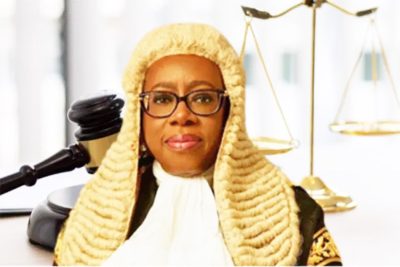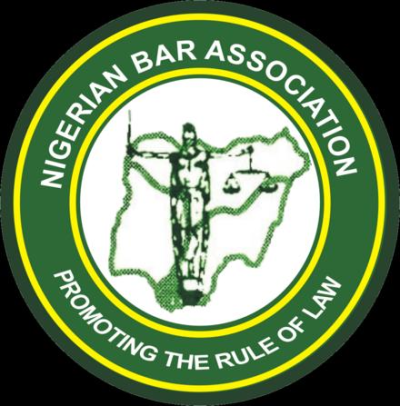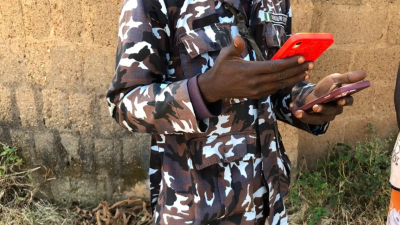CJN Chief Justice of Nigeria, Justice Kudirat Kekere-Ekun, has established a panel under the National Judicial Council (NJC) to investigate high-ranking judges involved in issuing conflicting rulings in recent political cases in Rivers State. This significant move, aimed at restoring judicial integrity, has garnered public support but also skepticism about the NJC’s ability to impose strong sanctions on erring judges.
The Nigerian judiciary is facing a critical test as the Chief Justice of Nigeria (CJN), Justice Kudirat Kekere-Ekun, has taken the unprecedented step of setting up a panel to investigate high-ranking judges accused of issuing conflicting rulings in sensitive political cases in Rivers State.
This decision, while garnering widespread public support, is also met with cautious skepticism regarding the National Judicial Council’s (NJC) capacity to enforce stringent sanctions against judges found guilty of judicial misconduct. This move is seen as an attempt to address what has become a recurring issue that many argue is undermining democracy and public trust in Nigeria’s justice system.

The root of the probe lies in recent court orders that have muddied the waters of political governance in Rivers State. Conflicting rulings emerged from two courts on matters pertaining to local government elections in the state. On September 4, Justice I. Igwe of the Rivers State High Court directed the state’s Independent Electoral Commission (RSIEC) to conduct local elections using the 2023 voters’ register provided by the Independent National Electoral Commission (INEC).
In contrast, on September 30, Justice Peter Lifu of the Federal High Court in Abuja issued an order preventing INEC from releasing the voters’ register to RSIEC, effectively halting the election process. Similarly, two opposing rulings surfaced regarding the recognition of the factions within the Rivers State House of Assembly.
While a court in Abuja backed the faction loyal to the Minister of the Federal Capital Territory, Nyesom Wike, another court in Rivers State supported the faction led by Governor Siminalayi Fubara. Such conflicting judgments from courts of coordinate jurisdiction have not only stirred confusion but have also led to accusations of judicial compromise.
The CJN’s panel will require the Chief Judge of the Federal High Court and the Chief Judge of the Rivers State High Court, along with other implicated judges, to explain their decisions before a tribunal chaired by a retired Justice of the Court of Appeal.
This unprecedented step underscores the CJN’s resolve to confront what many Nigerians see as a troubling pattern of judicial interference in political matters. Sources within the NJC confirmed that the CJN is “deeply worried” and has made it clear that her administration will uphold judicial integrity, especially considering she has only recently assumed office.

For years, critics have highlighted corruption and influence-peddling within the judiciary as a serious issue. Observers argue that some judges, compromised by powerful political players, have routinely issued orders and judgments that reflect the interests of the highest bidders rather than impartial justice.
This perception has led to increased public distrust in the judiciary, which, as the third arm of government, is expected to safeguard democracy by holding all parties accountable. Instances of “forum shopping,” where litigants seek favorable judgments by choosing specific jurisdictions or judges, have exacerbated the judiciary’s credibility problem, with many alleging that some judges appear to be on the payroll of influential politicians.
Justice Kekere-Ekun has expressed a determination to reverse these trends and restore public confidence in the judiciary. Upon her swearing-in, she vowed that conflicting judgments would have consequences for both the judges and the lawyers involved in forum shopping.
Her stance is being tested now, as the judiciary’s ability to apply decisive disciplinary actions against errant judges remains uncertain. In recent months, the NJC has faced criticism for imposing relatively light sanctions on judges found guilty of misconduct, with some Nigerians calling these penalties insufficient deterrents.
Human rights lawyer Femi Falana (SAN) recently highlighted the problem of jurisdictional manipulation. In response to a case involving the Rivers State House of Assembly, Falana requested that the Chief Judge of the Federal High Court reassign the case to the Port Harcourt Division, arguing that it had jurisdictional relevance there and expressing concerns over potential bias in the Abuja Division.
His petition also cited a controversial announcement by Nyesom Wike, offering land and houses to judges in Abuja, which raised ethical questions about possible undue influence.
Justice Kekere-Ekun’s decision to launch a probe represents a critical opportunity to address systemic issues in the judiciary. However, observers remain cautious, with many Nigerians waiting to see if this probe will result in meaningful reform or if it will ultimately become another symbolic gesture. The CJN’s success in cleaning up the judiciary and curbing the influence of powerful interests will likely shape her legacy and the public’s faith in Nigeria’s judicial system.









